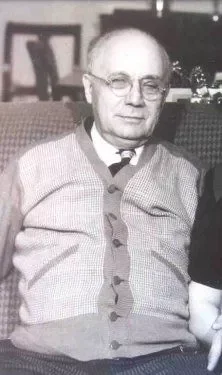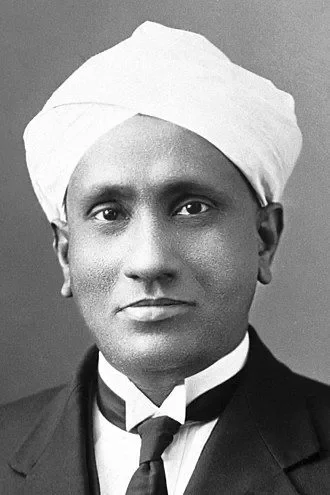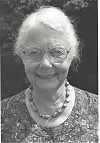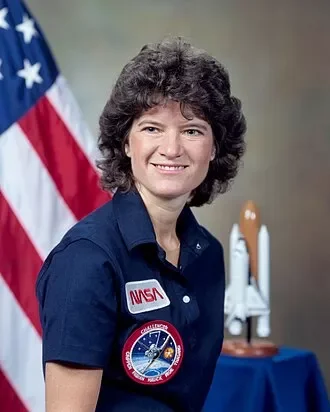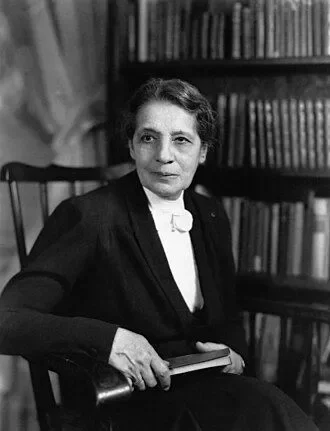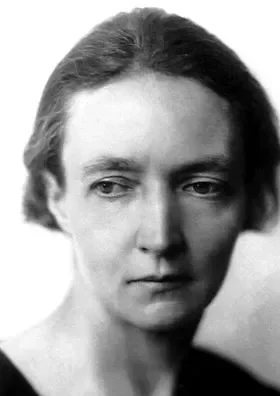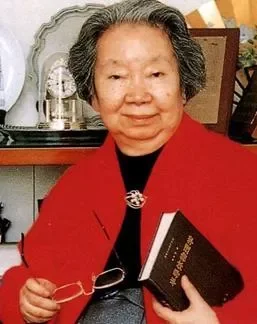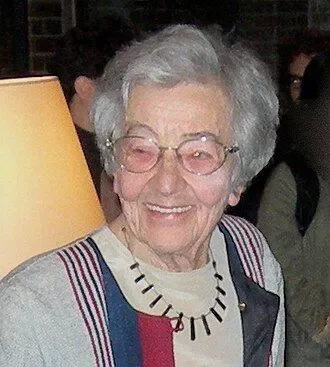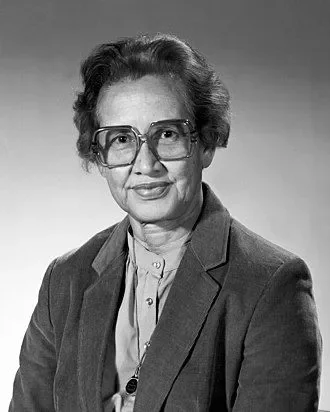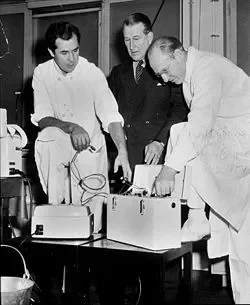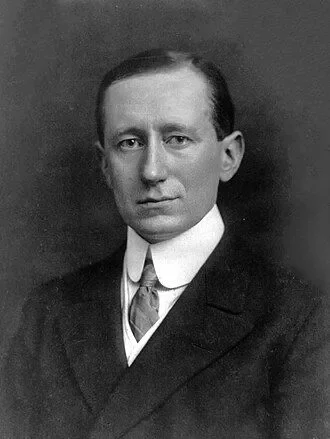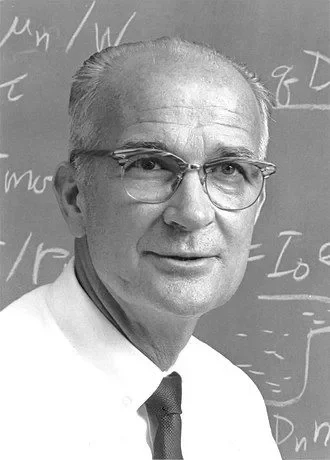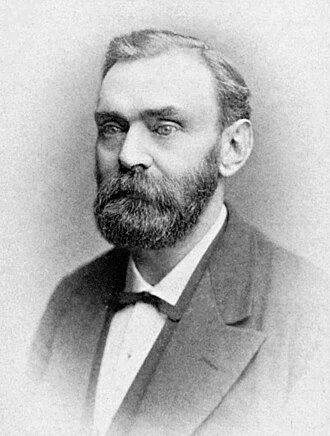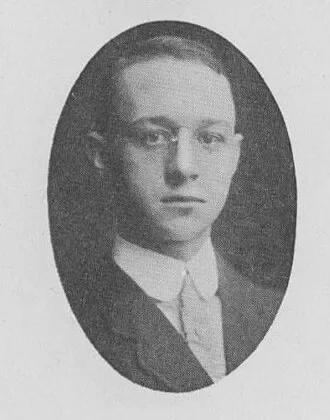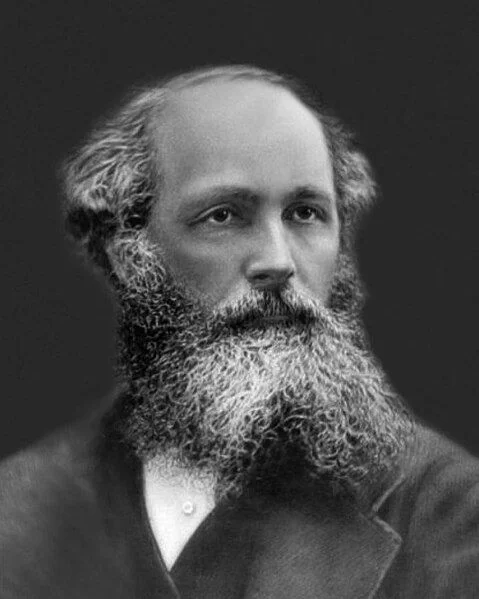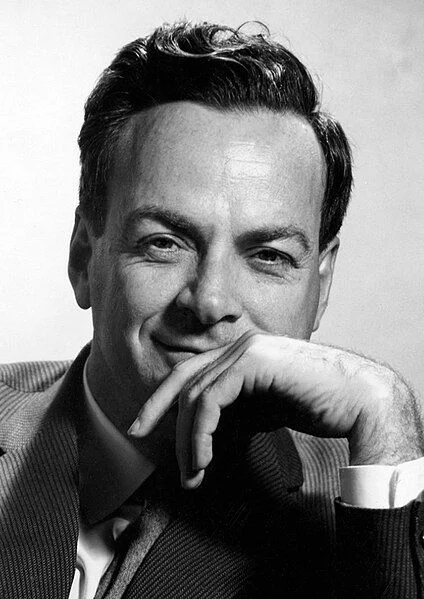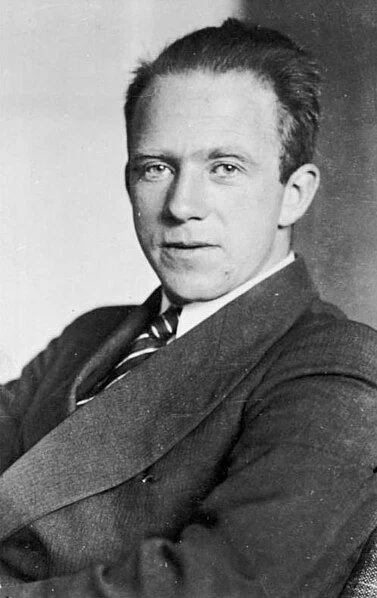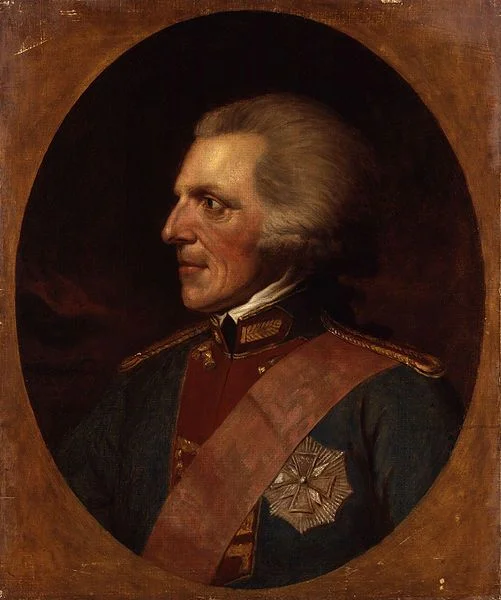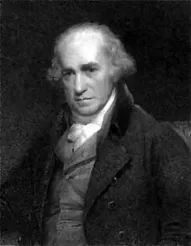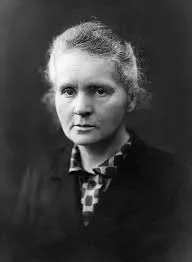Real Celebrities Never Die!
OR
Search For Past Celebrities Whose Birthday You Share
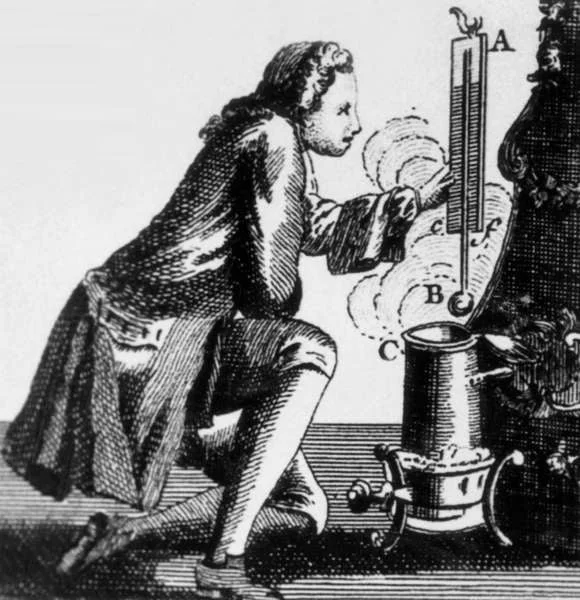
source:wikipedia.org/
Daniel Gabriel Fahrenheit
Birthday:
24 May, 1686
Date of Death:
16 Sep, 1736
Cause of death:
Mercury poisoning
Nationality:
German
Famous As:
Inventor
Age at the time of death:
50
Daniel Gabriel Fahrenheit's Quote's
Early Life and Adversity
Born on May 24, 1686, in Gdańsk, Poland, Daniel Gabriel Fahrenheit wasn’t destined for scientific greatness. His childhood was marked by hardship, as his family fled religious persecution and struggled to make ends meet. But amidst the adversity, a spark of curiosity flickered within young Daniel. He found solace in tinkering with instruments and exploring the natural world, a passion that would eventually ignite a revolution in temperature measurement.
Apprenticeship and Scientific Curiosity
Despite his limited formal education, Fahrenheit’s thirst for knowledge led him to apprentice with instrument makers in Amsterdam. He quickly grasped the intricacies of crafting scientific tools, particularly those designed to measure temperature. At the time, existing methods were clunky and unreliable, often relying on imprecise devices filled with colored liquids or crude scales based on arbitrary reference points.
Development of the Mercury Thermometer
Determined to create a more accurate system, Daniel Gabriel Fahrenheit embarked on a series of meticulous experiments. He experimented with different liquids, explored the expansion and contraction of materials with temperature changes, and meticulously recorded his observations. His dedication paid off in 1714 when he unveiled his revolutionary invention – the mercury thermometer.
Impact and Significance of the Mercury Thermometer
Fahrenheit’s mercury thermometer was a game-changer. Unlike its cumbersome predecessors, it was compact, portable, and remarkably accurate. Mercury’s consistent expansion with temperature changes provided a reliable basis for measurement, and Fahrenheit’s ingenious scale, with its fixed points based on the freezing and boiling points of water, offered a clear and consistent reference system.
Widespread Adoption and Use of the Thermometer
This groundbreaking invention quickly gained widespread acclaim. Scientists, physicians, and even everyday people embraced the mercury thermometer, finding its precision invaluable in various fields. From astronomical observations to medical diagnoses, Fahrenheit’s creation revolutionized our understanding of temperature and its impact on the world around us.
Other Scientific Contributions
Fahrenheit’s contributions extended far beyond the mercury thermometer. He invented other instruments like the hydrometer, used to measure the density of liquids, and the barometer, which tracked changes in atmospheric pressure. He also made significant discoveries about the relationship between temperature and pressure, laying the groundwork for future research in thermodynamics.
Later Years and Legacy
Daniel Gabriel Fahrenheit spent his later years refining his temperature measurement instruments and continued his scientific pursuits. He passed away on September 16, 1736, in The Hague, Netherlands, leaving a lasting legacy in the field of thermometry. Fahrenheit’s temperature scale and mercury-in-glass thermometer laid the foundation for subsequent developments in the accurate measurement of temperature.
Name:
Daniel Gabriel Fahrenheit
Popular Name:
Daniel Gabriel Fahrenheit
Gender:
Male
Cause of Death:
Mercury poisoning
Spouse:
Place of Birth:
Danzig (Gdańsk), Polish–Lithuanian Commonwealth
Place of Death:
The Hague, Dutch Republic
Occupation / Profession:
Personality Type
Architect: Imaginative and strategic thinkers, with a plan for everything. He studied many metals and their responses to temperature to help find the right material for the thermometer.
Fahrenheit originally set the zero point of his scale at the freezing point of a brine solution, later adjusting it to the freezing point of water.
Fahrenheit's inventions and discoveries laid the foundation for the modern science of temperature measurement, impacting countless fields from medicine and engineering to meteorology and climate science.
The Fahrenheit scale is the only widely used temperature scale that doesn't have 0° as the freezing point of water.
The human body temperature of 98.6°F was originally determined by Fahrenheit himself, though subsequent studies have shown some variations.
Fahrenheit also made significant contributions to the design of hydrometers, instruments used to measure the density of liquids.
Fahrenheit is best known for his development of the mercury-in-glass thermometer, a groundbreaking invention that transformed temperature measurement.
In 1724, Fahrenheit introduced the Fahrenheit temperature scale, which is widely used in the United States and some other countries.

